New Year, New Generation
Just when we thought we grasped the secrets of marketing to Millennials, a new generation is crashing into the consumer marketplace. As a matter of fact, Generation Z are becoming far more diverse, technologically dependent, and more in charge of their own purchases. Everyone has been talking and writing about them, yet very few know about their attitudes, behaviours, and interests.Gen Z are vastly different than millennials since they are the first generation to be born in a entirely digital era. They are focused on digital communication and, studies show, that their attention span is lowered to about 8 seconds.
26% of Gen Z admitted to buying a product because of an Instagram post that caught their attention, this means that brands need to get creative to appeal to them in that short amount of time.
Brands should learn that this new generation has grown up with the idea of equality and human rights in their heads. Their parents, who were part of Generation X, are from an era where equality began to take shape. They are raised with anti-racism, income equality, or eco-friendly movements circulating the society. Because of this, they care deeply about these issues and feel that any brand they interact with has to be a part of it. They want to see diversity and real people in ads that they relate to on a higher level. Studies show that 55% of them turn to brands that care about the environment, while 53% turn to brands that understand them.
How should brands respond?
Brands need to channel their efforts into CSR movements and become more socially responsible. By launching campaigns that trigger their interests, you can connect with them over social media with movements that are meant to better the world such the worldwide campaigns, #MeToo and #MakeLoveNotScars.
The #MeToo hashtag was created back in 2006 but it’s the new generation who are more awake to such issues that helped it go viral in 2017. A campaign that helped spread the awareness of sexual harassment was brought back recently because the new generation is so connected to the issues we face as humans, it resonated with them and spoke to them.
How did other brands follow up to this?
AXE, for example, released the #PraiseUp to break the stereotype of a “real man”. The brand challenged males of generation Z to praise their friends to show them that it’s okay for men to feel more comfortable saying things that they considered difficult before. This connected with the new generation with a strong message that sharing affection doesn’t make them less of a man. Acting more as a human than a large corporation is your first step towards gaining their trust. It created a large community of customers who were interacting with the brand, so let them participate with you, make them feel included and heard. Use real people as the face of your brand instead of celebrities and focus on broadcasting a more personal image.
For example, American Eagle’s “We All Can, Can You?” campaign, promotes diversity in the new generation and allows them to be self-expressive. The visuals of the campaign used statements such as “I can love anyone” and “I can be heard”. Not only does this project the beliefs and values of Generation Z but the models used in the campaign were normal members of society just like them.
Bottomline is, Members of Generation Z have higher expectations and search for brands that are far more community oriented. Brands who are able to recognize this and create campaigns or content that resonate with them and have their shared values end up on the top of their list. Don’t sell to them, make them feel like they are a part of a community and give them a sense of belonging. This is your tool to capturing this new market. Study them, analyze them, and cater to them, and you’ll increase the amount of loyal customers.





